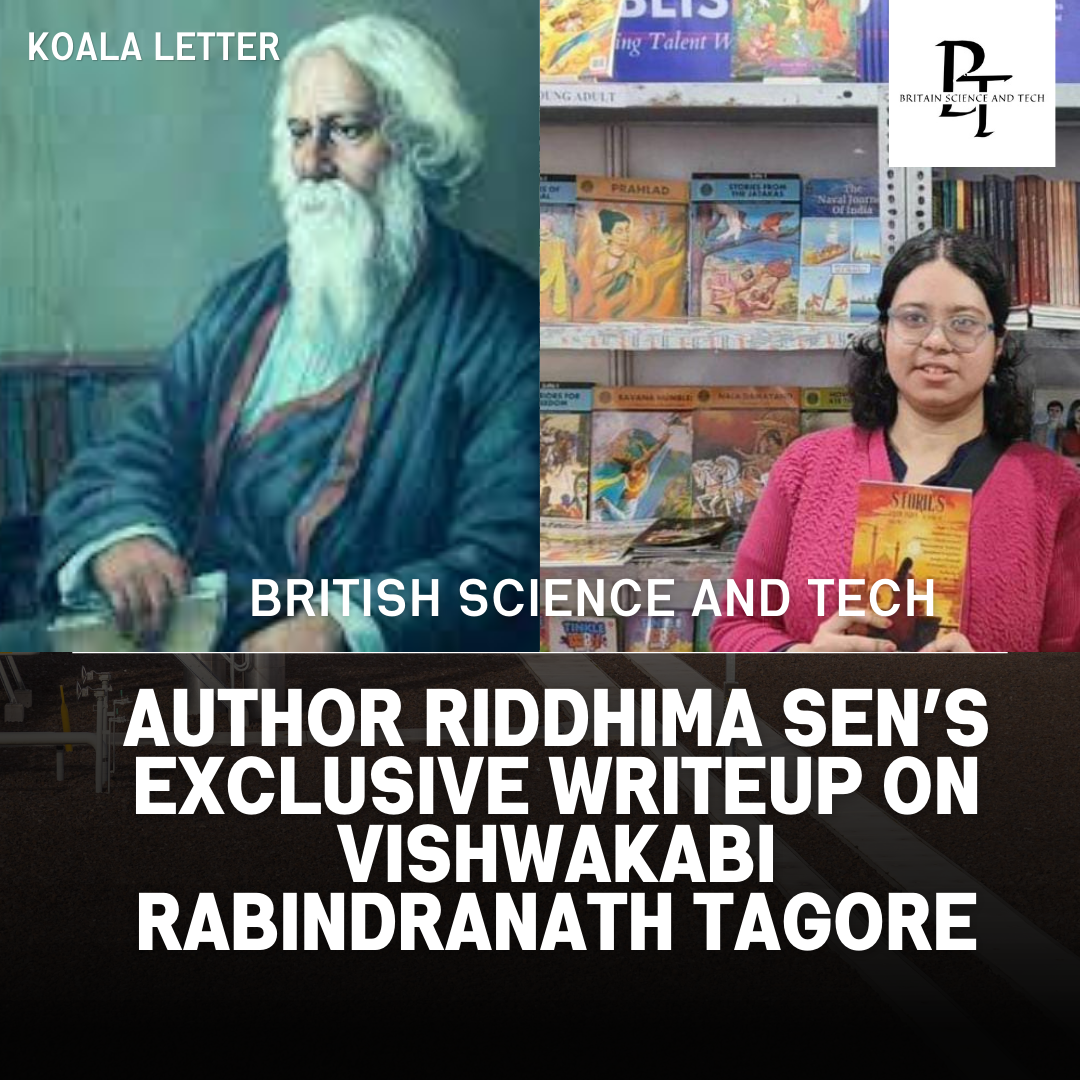Remembering Vishwakabi Rabindranath Tagore
Rabindranath Tagore (1861-1941), a polymath and Nobel laureate in literature, was a towering figure in Indian culture. A poet, philosopher, musician, and playwright, Tagore's influence extended globally. Born in Calcutta, he reshaped Bengali literature and art with his poetic brilliance, often addressing themes of universal humanism and spirituality.
Tagore founded the renowned Santiniketan, an educational institution emphasizing the harmonious blend of traditional Indian teachings and Western ideas. His most celebrated work, "Gitanjali" (Song Offerings), earned him the Nobel Prize in Literature in 1913. Tagore's eloquent prose and poetic depth explored themes of love, nature, and the human soul.
Beyond literature, Tagore composed the music and lyrics for India's national anthem, "Jana Gana Mana." His impact on the Indian independence movement was profound, using his art as a medium for social and political commentary.
Tagore's legacy endures through his literary masterpieces, educational philosophy, and lasting contributions to the cultural and intellectual landscape of India and the world. His works include a conglomeration of short stories, novels, plays, dance plays, poems, and songs. He was an artist as well. He painted numerous paintings during his entire lifespan. He composed poems that explored various walks and emotions of life. He had a bittersweet journey in life, which inspired his poetry to a great extent. His sorrowful experiences lent a hand to the poems being more expressive in nature. He successfully channelized his emotions via his writings. His novels like "Noukadubi " and " Chokher Baali " explore the realms of the human psyche deeply.
The human psyche is vast and varied. A mixture of id, ego, and superego explains a lot about human actions. Binodini betrays Ashalata, who trusts her beyond apprehension. Mahendra, despite being married, gets involved in an extramarital affair. She was deprived of a good life from a young age since she was a child widow. Widows back in those days were treated as animals. She was an educated woman, who knew English which was the language of the educated. She also knew how to play musical instruments. Yet, she seemed to be a prick in the eyes of the society. She was widowed at a young age and was henceforth compelled to live a colourless life. She decided to choose a colourful life. She broke Ashalata's nest like family. This is another reference to "Noshtonir ", or " The Broken Nest. " The term literally refers to something that gets destroyed very easily. In reality, as well, things get destroyed at the bat of an eyelid. The other novel features the same thing.





Comments
Post a Comment